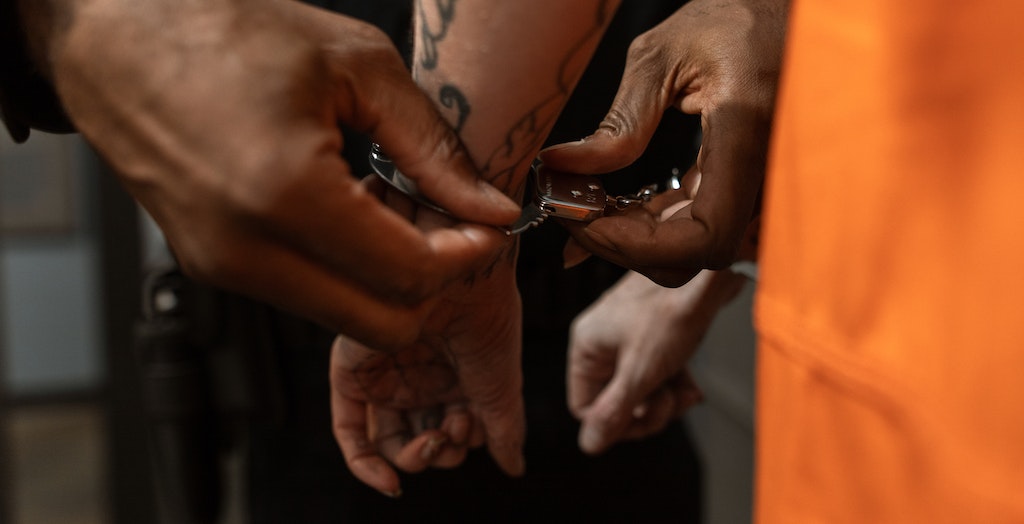Understanding the Burden of Proof in Criminal Cases

You’re facing some serious charges, and you might be wondering how the prosecution plans to prove their case against you. Well, it all comes down to the burden of proof.
You see, in criminal cases, it’s not up to you to prove your innocence—that burden falls squarely on the shoulders of the prosecution. They have to provide convincing evidence that proves their guilt beyond a reasonable doubt.
Now, this might sound like a tough standard to meet, but it’s actually a cornerstone of our legal system. It’s designed to protect your rights and ensure that justice is served.
But what exactly does “beyond a reasonable doubt” mean? And how does it differ from other standards of proof?
These are important questions that you should be asking yourself. To learn more about the burden of proof and how it applies to your case, contact a Colorado Springs criminal defense attorney. At Right Law Group, we can help you understand your rights and work towards the best possible outcome for your situation.
What is the Burden of Proof?
The burden of proof is a legal concept that refers to the responsibility of a party to prove their case in court. In criminal cases, the burden of proof falls on the prosecution, which means they have the obligation to prove beyond a reasonable doubt that you are guilty of the crime you are accused of.
This burden of proof is a pretty high standard, requiring them to present evidence that convinces the judge or jury of your guilt. And if they fail, you must be acquitted.
However, the burden of proof can also shift in some cases, like if you or your attorney raise an affirmative defense or when the prosecution presents evidence of your guilt that is circumstantial or indirect. In these situations, you may have to prove your defense or provide an alternate explanation for the evidence presented by the prosecution.
What Constitutes Reasonable Doubt?
Reasonable doubt is a legal standard that refers to the level of certainty a juror must have before finding you guilty of a crime. It is not an absolute or mathematical certainty but rather a moral certainty based on the evidence presented.
Reasonable doubt can arise from the evidence itself, or it can arise from the lack of evidence. The prosecution must present evidence sufficient to convince the jury of your guilt beyond a reasonable doubt.
The Different Standards of Proof
There are three different standards or poof that could come into play in your case. It’s crucial that you have a solid grasp of each if you want to mount a successful defense against the charges.
These standards of proof include:
- Beyond a reasonable doubt — The highest standard of proof in criminal cases is beyond a reasonable doubt. This standard requires that the prosecution prove guilt to a moral certainty, such that there is no other reasonable explanation for the evidence presented.
- Clear and convincing evidence — The second-highest standard of proof in criminal cases is clear and convincing evidence. This standard requires that the evidence presented to be highly and substantially more likely to be true than not true.
- Preponderance of the evidence — The lowest standard of proof in criminal cases is the preponderance of the evidence. This standard requires that the evidence presented be more likely than not to be true.
Your criminal defense attorney can use the standard of proof in a defense case by challenging the prosecution to meet the required level of proof for the standard being used.
Impact of the Burden of Proof on Criminal Cases
The burden of proof is an important part of any criminal trial, and it’s essential for understanding outcomes.
Setting clear parameters as to what constitutes sufficient evidence before someone can be convicted helps ensure that innocent people are not wrongfully punished while those who are truly guilty are brought to justice. It also safeguards against prosecutorial misconduct— where prosecutors attempt to use false or exaggerated claims without adequate supporting evidence—thereby protecting your rights throughout the process.
For the defense, the burden of proof helps with challenging the evidence and raising doubts about the prosecution’s case. Defense strategies may include cross-examining witnesses, presenting alternative explanations for the evidence, or arguing that the prosecution’s evidence is unreliable or circumstantial.
With such high stakes involved when determining guilt or innocence in criminal cases, it goes without saying that having strong guidelines regarding the burden of proof is absolutely critical for upholding justice and fairness in our society.
Trust Right Law Group for Your Criminal Defense Needs
If you are facing criminal charges, you need an experienced defense team in your corner.
At Right Law Group, our practice is devoted 100% to Colorado criminal defense cases, and we are committed to fighting for our client’s rights. Our team will work tirelessly to build a strategic defense strategy and poke holes in the prosecution’s case against you.
Don’t leave your future in the hands of just any attorney—trust Right Law Group for your criminal defense needs. Contact us today to schedule a consultation, and let us help you get the justice you deserve.

